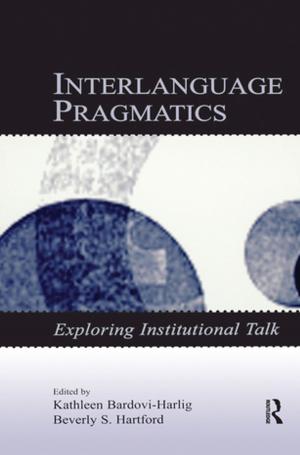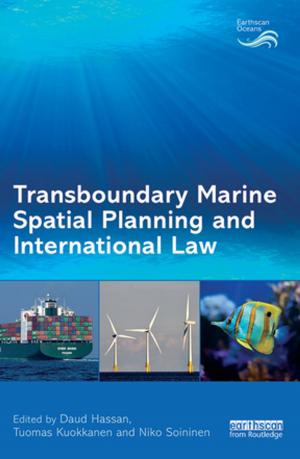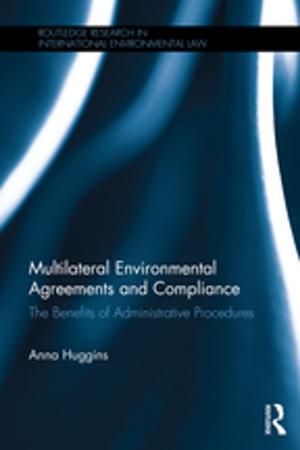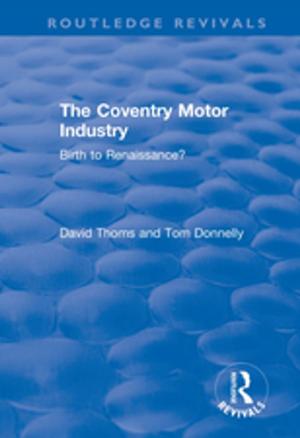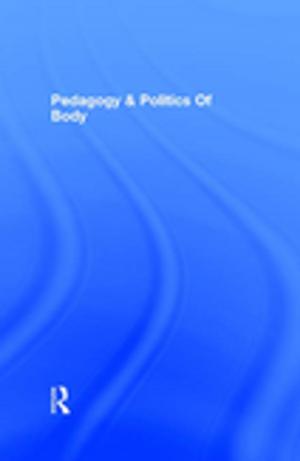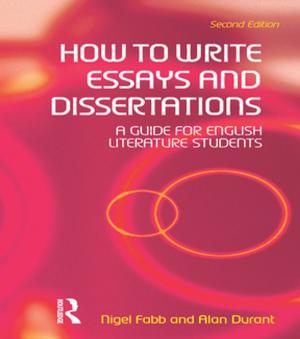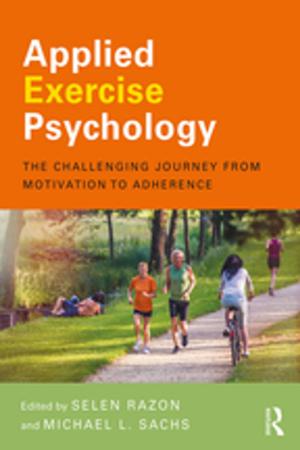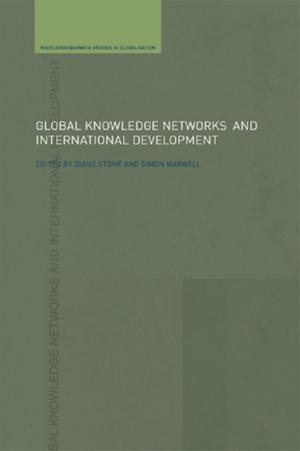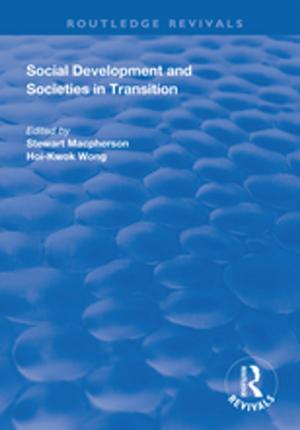Propaganda and the Genocide in Indonesia
Imagined Evil
Nonfiction, Social & Cultural Studies, Social Science, Cultural Studies, Ethnic Studies, Political Science| Author: | Saskia E. Wieringa, Nursyahbani Katjasungkana | ISBN: | 9780429802430 |
| Publisher: | Taylor and Francis | Publication: | October 26, 2018 |
| Imprint: | Routledge | Language: | English |
| Author: | Saskia E. Wieringa, Nursyahbani Katjasungkana |
| ISBN: | 9780429802430 |
| Publisher: | Taylor and Francis |
| Publication: | October 26, 2018 |
| Imprint: | Routledge |
| Language: | English |
In Indonesia, the events of 1st October 1965 were followed by a campaign to annihilate the Communist Party and its alleged sympathisers. It resulted in the murder of an estimate of one million people – a genocide that counts as one of the largest mass murders after WWII – and the incarceration of another million, many of them for a decade or more without any legal process. This drive was justified and enabled by a propaganda campaign in which communists were painted as atheist, hypersexual, amoral and intent to destroy the nation. To date, the effects of this campaign are still felt, and the victims are denied the right of association and freedom of speech.
This book presents the history of the genocide and propaganda campaign and the process towards the International People’s Tribunal on 1965 crimes against humanity in Indonesia (IPT 1965), which was held in November 2015 in The Hague, The Netherlands. The authors, an Indonesian Human Rights lawyer and a Dutch academic examine this unique event, which for the first time brings these crimes before an international court, and its verdict. They single out the campaign of hate propaganda as it provided the incitement to kill so many Indonesians and why this propaganda campaign is effective to this day. The first book on this topic, it fills a significant gap in Asian Studies and Genocide Studies.
In Indonesia, the events of 1st October 1965 were followed by a campaign to annihilate the Communist Party and its alleged sympathisers. It resulted in the murder of an estimate of one million people – a genocide that counts as one of the largest mass murders after WWII – and the incarceration of another million, many of them for a decade or more without any legal process. This drive was justified and enabled by a propaganda campaign in which communists were painted as atheist, hypersexual, amoral and intent to destroy the nation. To date, the effects of this campaign are still felt, and the victims are denied the right of association and freedom of speech.
This book presents the history of the genocide and propaganda campaign and the process towards the International People’s Tribunal on 1965 crimes against humanity in Indonesia (IPT 1965), which was held in November 2015 in The Hague, The Netherlands. The authors, an Indonesian Human Rights lawyer and a Dutch academic examine this unique event, which for the first time brings these crimes before an international court, and its verdict. They single out the campaign of hate propaganda as it provided the incitement to kill so many Indonesians and why this propaganda campaign is effective to this day. The first book on this topic, it fills a significant gap in Asian Studies and Genocide Studies.



